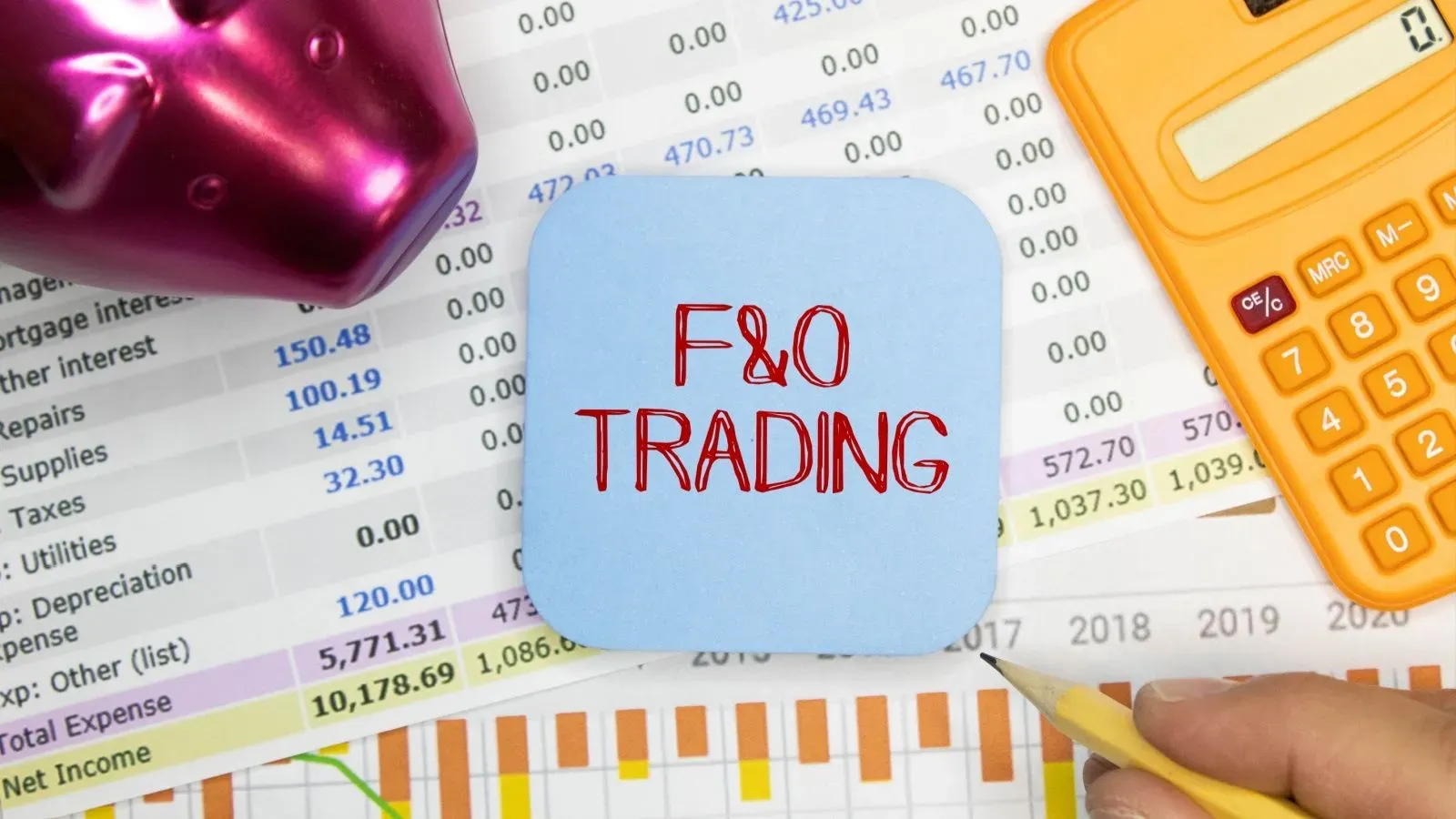8 Reasons Why Options Buyers Lose Money
Written by Mariyam Sara
Published on October 06, 2025 | 2 min read

Did you know that 93% of retail F&O (Futures and Options) traders incur losses? Do you understand the strategies involved in trading? Trading in instruments can also be risky because market conditions are highly volatile. Since you have opted to invest in a high-risk, high-return investment option, incurring losses is quite common.
However, in options trading, losses can be significantly greater than those in equities. Such losses cannot be avoided if the market is either moving unexpectedly or trading with high implied volatility. The only way to recover such losses is by trading with the correct approach and using a profitable trading strategy tailored to the market situation.
Here are a few investment tips to consider when avoiding and recovering losses in Index Options Trading.
8 Factors Leading to Losses in Options Trading
Here are some common factors that lead to losses in options trading:
Unexpected News or Events
Any economic news, events, or corporate actions will affect market momentum, including the options market. You must be mindful of events or actions that may impact market momentum and could lead to trading losses.
Consider All The Options Greeks
The options Greeks, including delta, gamma, theta, and vega, affect option prices. Ignoring them leads to a premium decline due to time decay, causing losses if you don't exit before expiration.
Disregarding Market Volatility
Implied market volatility can lead to sharp price swings, potentially resulting in significant losses. High volatility allows option sellers to face unexpected premium changes, leading to losses. Conversely, low volatility with unstable underlying prices can lead to option buyers losing money.
Purchasing an Option Premium at a High Price
If you've purchased an option contract at a very high price, that volatility can produce unanticipated moves and losses. That's why it is important to buy the option contract at the right premium price to avoid losses and maximise gains in options trading.
Selecting the Options Strike Price
Choosing the right strike price is crucial for maximizing profit. Buying an out-of-the-money options contract means that if the market doesn't move, it becomes worthless and you lose the premium.
Inappropriate Expiration Date
If you buy an option contract that is close to expiration or too far out in time, it can become worthless if market conditions remain stable; your option premium can become useless on the expiration date. An option contract with price movement can cause you losses.
Incorrect Trading Strategy
If you select an incorrect trading strategy that is not favorable as per the current market conditions, you could incur losses in options trading. Therefore, as per the market trend, choose a bullish, bearish, or sideways trading strategy to ensure you do not incur losses.
Not Practising Risk Management
One of the primary reasons for experiencing losses in options trading is trading without effective risk management. Yes, hedge your position when trading, as unexpected moves can be offset by multiple trade options, thereby reducing your losses.
Tips To Avoid Loss In Option Trading
Taking safety measures can prevent capital loss; however, here are some tips that can help you avoid loss or recover the profit in options trading.
- Use strict stop losses in your trades to limit your downside if the market moves against you.
- Use proper position sizing to avoid risking too much capital on a single trade.
- Avoid taking naked trades and always hedge your positions to protect against unexpected market movements.
- Use low-risk strategies, such as iron condors, butterflies, or vertical spreads, to limit your risk if you're wrong.
- Adjust your trades based on changing market conditions to take risk off or limit your losses.
- Utilise a trading strategy that aligns with your risk tolerance and the prevailing market conditions.
- Review your mistakes and learn from them by figuring out what went wrong and what you shouldn't do on the next trade.
Recovering all trading losses is rarely possible, especially in the high-risk options market, where many traders incur consistent setbacks. However, by learning from mistakes and avoiding unprofitable strategies, you can improve future outcomes. Adopting strict risk management, trading fairly priced options, selecting appropriate strike prices, and avoiding overtrading are essential. Hedging and using reliable platforms also help minimise cumulative losses. With discipline and the right strategies, traders can limit risks and enhance long-term profitability despite previous losses.
About Author
Mariyam Sara
Sub-Editor
holds an MBA in Finance and is a true Finance Fanatic. She writes extensively on all things finance whether it’s stock trading, personal finance, or insurance, chances are she’s covered it. When she’s not writing, she’s busy pursuing NISM certifications, experimenting with new baking recipes.
Read more from MariyamUpstox is a leading Indian financial services company that offers online trading and investment services in stocks, commodities, currencies, mutual funds, and more. Founded in 2009 and headquartered in Mumbai, Upstox is backed by prominent investors including Ratan Tata, Tiger Global, and Kalaari Capital. It operates under RKSV Securities and is registered with SEBI, NSE, BSE, and other regulatory bodies, ensuring secure and compliant trading experiences.






















